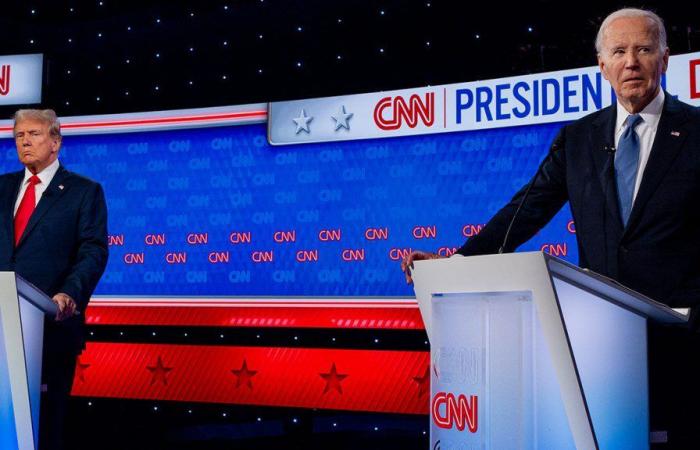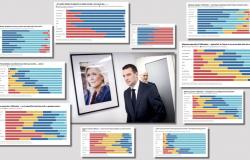Let’s be honest. As a Democrat, last night was not great. There is no sugar. From the first minutes of the debate, my incoming text messages and social media feeds last night were rough. The ones from this morning are no better. If there’s one thing Democrats are good at, it’s panicking. To be honest – and I’m a Joe Biden supporter with every bone in my body – it’s hard to argue that it was a good night for him. Long before the debate even ended, Democrats were wringing their hands and suggesting possible replacement candidates. Messages are coming from everywhere – family, friends, high-level political strategists – indicating a five-alarm panic.
I could only think of a similar event from another night: October 3, 2012. It was the night of President Obama’s first debate with his opponent, then-Governor Romney. Much like today, the conventional wisdom was that Obama had almost certainly lost the debate and possibly lost the presidency. Things were so bad that Democrats began to claim that the altitude in Denver might have affected Obama’s performance (much like Biden’s cold was discussed last night). Not great, Bob.
In fact, in 2012, President Obama’s reelection was far from assured. I worked in the White House, and I remember very well the challenges we faced: the economy was still recovering from the financial crisis, the Affordable Care Act—which they pejoratively called “Obamacare”—had been weaponized by Republicans, and the president’s approval ratings were hovering in the low 40s. Head-to-head polls put us behind Romney.
But that changed once our opponent came to the forefront. We aggressively portrayed him as a candidate out of touch with ordinary Americans, running on a platform to help the wealthy. We ultimately won because we made the race a contrast between two very different candidates and two competing visions for the country. As Joe Biden famously put it: “Don’t compare me to the Almighty. Compare me to the alternative.”
Eric Schultz accompanies President Barack Obama during a visit to wounded service members and their families at the Maryland Fisher House at Walter Reed National Military Medical Center in Bethesda, Maryland, on August 1, 2019.
Charles Kennedy
By proposing a one-on-one debate earlier than ever in the election cycle, Joe Biden wanted to make sure that happens. While the post-debate speech won’t be ideal for the president, let’s not lose sight of the bigger picture: Donald Trump and everything he stands for are back in the spotlight. This is especially important because until recently, many voters didn’t believe Trump would ever be the Republican nominee again. Today, too many voters are suffering from Trumpnesia: they no longer remember the disaster of his first term. He is the only American president to have lost his job, appointed the justices who overturned Roe v. Wade, and, of course, instigated the violent insurrection on January 6.
Last night, Trump called the end of Roe a “good thing” and defended January 6.th rioters. He refused to commit to accepting the election results. Biden may have gotten off to a slow start, but Trump’s extremism was on full display as the night wore on. We’ve already seen some early data that he’s repelled independent voters in swing states he would need to win.
Of course, 2024 is a very different environment than 2012, with very different candidates who are collectively 43 years older, and I admit that I wish last night had gone better. But in fairness, in 2016, all of us brilliant political pundits praised Secretary Clinton’s debate performance against Donald Trump. The reaction was almost universal inside the beltway: Hillary appeared presidential; Trump is disturbed. We all know how this story ends.
In fact, Washington has a bad habit of overvaluing the present. Many thought the sensational information contained in the special prosecutor’s February report would be a game-changer. The same goes for President Biden’s State of the Union address. The same goes for President Trump’s 34 felony convictions. Meanwhile, the race remained very close. Finally, we are all used to the debates in September and October. Very few voters will have this June debate in mind when they vote.
But make no mistake: This race will be extremely close and likely down to the wire. In 2020, Joe Biden won Arizona, Georgia, and Wisconsin—all three states—by about 40,000 votes. This November will likely be just as close. That’s not good for my blood pressure, but it does mean that Democrats can and should find the votes they need to win.
We just need to do a better job of making sure voters know the alternative.
Eric Schultz is a Washington-based political strategist who serves as a senior advisor to President Barack Obama. He has consulted on numerous television and film projects, notably on HBO Successionthat of Netflix Designated survivorr and more recently A24 Civil war.






